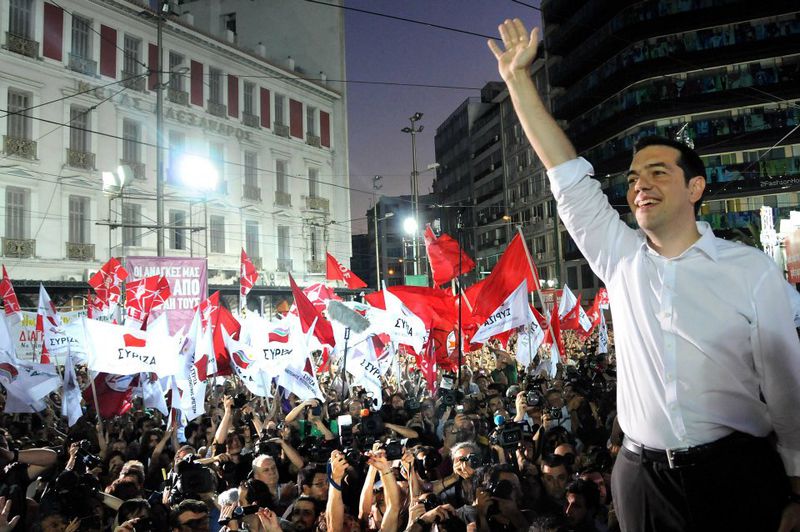Populists - What Are They, Who Are They, Where Are They, Why Are They*
Katinka Barysch, April 24, 2013
 Populists and extremists are on the rise across Europe. Even Germany is now seeing the rise of a eurosceptic party. The euro crisis is the reason for growing political risk in the eurozone. Or is it? True, populist parties are more important in several euro countries. But the reasons for this are manifold and it is hard to detect a Europe-wide trend. An end to the euro crisis would not guarantee a return to predictable two-camp politics.
Populists and extremists are on the rise across Europe. Even Germany is now seeing the rise of a eurosceptic party. The euro crisis is the reason for growing political risk in the eurozone. Or is it? True, populist parties are more important in several euro countries. But the reasons for this are manifold and it is hard to detect a Europe-wide trend. An end to the euro crisis would not guarantee a return to predictable two-camp politics.
What is populism?
At the most basic level, a populist is someone who advocates measures that you do not like. For the right-wing press, populists are the people who call for higher taxes, more welfare and the protection of industries. For the left-wing media, it is people who oppose immigration, diversity and the EU. What populists tend to have in common is that they contrast themselves with the political elites. "Populism is as much about style as it is about substance", says Tim Bale, politics professor at Queen Mary University in London and an expert on the subject. Populists usually claim that they alone represent the people while established political parties are portrayed as self-serving, aloof and corrupt. Populists dislike representative democracy and love referendums.
Applying this definition, the rise in populism in Europe predates the euro crisis by quite a few years. Think of Jörg Haider in Austria, Pim Fortuyn in the Netherlands, the Kaczynski brothers in Poland or Jean-Marie Le Pen in France. Two trends have eroded people’s trust in public authority and thus helped the populists. First, globalisation, immigration and technological change are making life more complex. Centre-left parties can no longer credibly promise jobs and social security. The centre-right’s notions of stable families and individual responsibility sound barely credible. As old ideological divisions blur, mainstream parties on both sides promise to do 'whatever works'. Confused voters find the populists' clear, simplistic messages appealing. You can continue reading the text here.
*The title is changed by euinside
 Klaus Regling | © Council of the EU
Klaus Regling | © Council of the EU Mario Centeno | © Council of the EU
Mario Centeno | © Council of the EU Mario Centeno | © Council of the EU
Mario Centeno | © Council of the EU